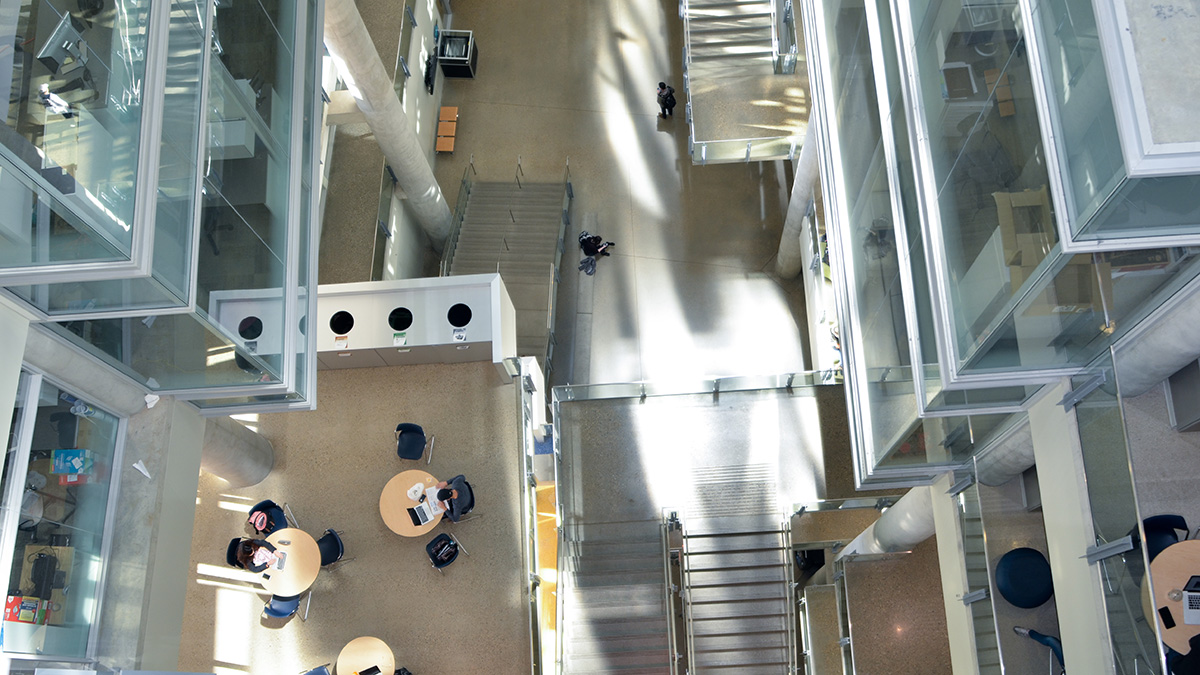 Shruti Shah and Vaishvi Patel
Shruti Shah and Vaishvi PatelCertain labs investigating viruses, climate change, and other scientific pursuits have received funding for infrastructure upgrades after an announcement early March.
The federal government announced on March 2 that it is awarding $2.1 million from the John R. Evans Leaders Fund to 14 professors in the Faculties of Science and Engineering. Their projects range from the study of human motor functions to robot-assisted surgery.
Duane Froese, a scientist who studies climate change in the arctic, was one recipient of the John R. Evans Leaders Fund, with nearly $170,000 awarded to his project. He’ll be using it to upgrade equipment for the lab and for his trips to the field.
“(The upgrades will) allow us to do more things in-house,” Froese said. “It allows us to make analyses on things that we haven’t been able to do in-house before, and it also allows us to replace field equipment that’s hitting the end of its lifespan. This allows us to go places and collect samples that would be difficult to get to otherwise”
The grant also allows for opportunities for the students working in his lab, Froese said. While his work involves studying permafrost and the “ongoing train wreck of environmental change in the north,” he added that it also involves training a generation of students to make good decisions in his area of study.
Permafrost is studied for the materials it preserves — whether they’re fossils or carbon or organic materials. Froese’s interest in permafrost and the preservation it provides is fuelled by its importance in understanding how Earth has changed over time.
“We can look at what the plants were, we can look at what the fossils are, whether they are fossil insects or ice age mammals, or geochemical proxies” he said. “The impacts of permafrost will be a defining issue over the next few decades to century as ground temperatures warm and permafrost thaws.”
Froese also studies water and its chemistry.
“We have a deep freeze in northern Canada, and it’s been frozen in some cases for hundreds of thousands of years,” he said. “It preserves a record of the planet in the past.”
Froese will use most of his new funds on a new water isotope analyzer. The analyzer measures oxygen and hydrogren isotopes levels, which are important indicators of climate. The lab will also be getting a new gas chromatograph to identify biomarkers and organic molecules.
Froese, who ventures to the arctic once a year for a couple of weeks on average, says the rest of the money will go towards a boat for travelling up northern rivers, which will replace the one he’s had for the past 14 years, as well as building new permafrost drilling equipment.




